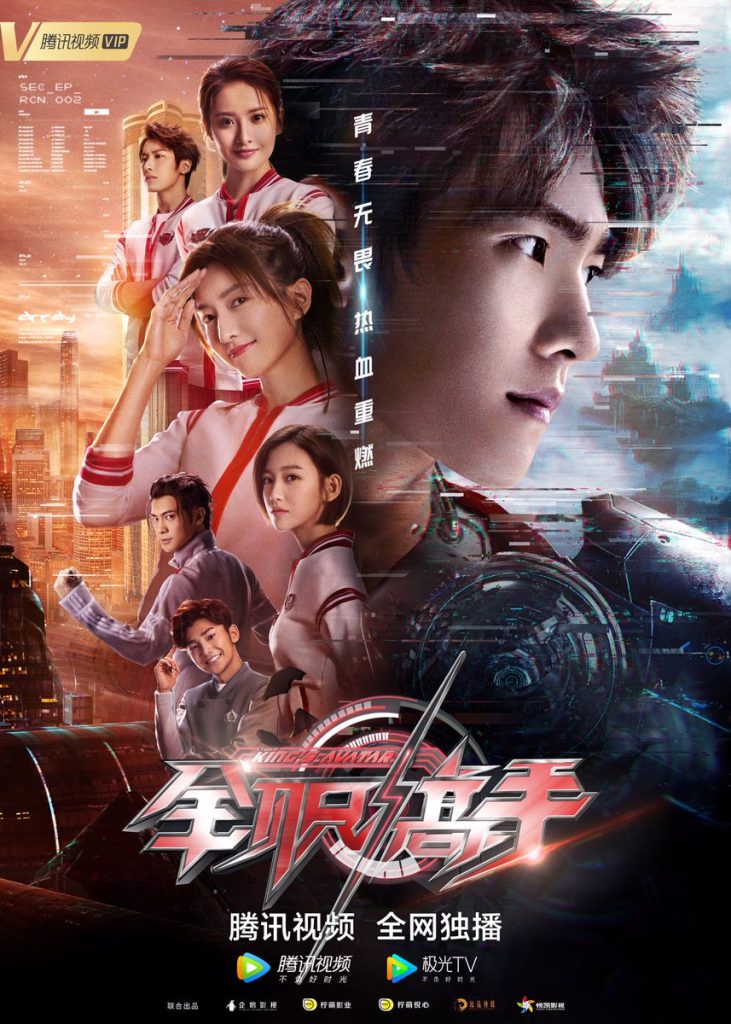In collaboration with the Department of Film and Television at the University of Bristol, we were delighted to co-host a research seminar on Friday 24 March by Dr Charlotte Stevens, Lecturer in Media and Communications, Birmingham City University.
Charlotte took us through the early stages of a fascinating research project focusing on the Remediation of Games and Gaming in Chinese Television Dramas. The presentation was rich in clips from games and TV alike, which helped to frame the key research questions and thematic areas that Charlotte is exploring on this project. These included:
- The translation of game elements into TV narrative, and the types of storytelling this enables
- The transmigration of players into game worlds, and what happens at this intersection
- Players themselves as key characters in TV dramas, offering access to game worlds, while also acting to translate success in gaming into success in other social areas.
In the process of critically examining a range of examples, Charlotte posed the question as to whether ‘remediation’ is the most effective term to describe the breadth of activity here. Her talk gave way to a stimulating Q&A with colleagues from across the Faculty of Arts, which was continued over dinner.
Our thanks to Dr Stevens for her wonderful talk, and the Department of Film and Television for organizing! Watch this space for future collaborations at the intersection of gaming and TV.

Poster for The King’s Avatar (2019)
For those unable to attend, you can gain a sense of the talk from Charlotte’s summary:
This talk is an overview of a developing project that considers two broad forms of remediation of video games in Chinese television dramas. First, in fantasy dramas which adapt RPGs and MMOs (i.e., Chinese Paladin, Xuan-Yuan Sword), I am interested in where and how elements of game mechanics translate into narrative. Second, romcoms and adventure dramas which centre on MMO players (Gank Your Heart, Love O2O, King’s Avatar, The Player), or otherwise feature gaming (Original Sin, Three-Body), present success in MMOs/esports as a proxy for success as a citizen and romantic partner. These are set against a rapidly-shifting cultural policy context that frames online gaming as an adult activity, with children’s access limited to a few hours per week, and an industrial context where large corporations such as Tencent produce both games and television dramas about gaming.

